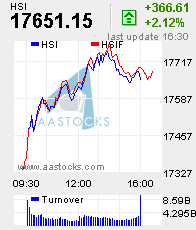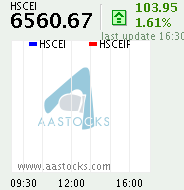
Recently, some taxi drivers blocked traffic in Hong Kong as a way to reflect their dissatisfaction with the new taxi fare adjustment regulated by the HKSAR Government. The consequences are not only damaging the social order and affecting the image of Hong Kong but also expose the administrative vulnerability of the Hong Kong SAR Government. The immediate problem unsolved today is around the taxi fare pricing mechanism and the timing of the implementation not to be synchronized for both the green and red cabs. As a matter of fact, this new fare adjustment decision was finally hammered after a thorough discussion and advisory procedure. Why did some drivers still have to appeal by demonstration?
In a completely laissez faire point of view, some people may still insist to assert that the taxi market needs not to be regulated and can reach equilibrium itself by the use of market invisible hand, i.e. by the free market through the supply and demand force. However, I think it might not be true in such a case should we consider some specific constraints that already exist in the real world. That is the so-called market failure may be found in this industry. The use of free market mechanism entails prohibitively high "transaction costs" such as the information cost, negotiating cost and time costs. In addition, the volatility of the elasticities of demand should also be considered. The existence of such high transaction costs will inevitably as well as greatly reduce the market efficiency.
It is no doubt that an unregulated taxi fare system will be leading the taxi market into social chaos and inefficiency. The taxi drivers and the passengers will inevitably waste precious time in fare bargaining. It is what a ridiculous thing in such a hustle and bustle metropolitan place like Hong Kong! Both parties may end up in loss in view of such a lot of constraints there.
In a hurry, it is impossible for us to call a taxi after thorough search for the latest market information as it is wasteful and loss of efficiency. The discounted taxi fare practice may be only possible for the long-distance taxi ride. It is economically reasonable for such pricing adjustment that the taxi fare lowered for the longer and rises for the shorter distance. Both sides are willing to accept the deal with lower cost of bargaining. The demand for shorter distance ride is usually highly price inelastic and therefore the passengers may be willing to pay little more.
In a nutshell, "opportunity cost" should be also counted in all market situation.
See also at
http://wongtc.blogspot.com/2008/12/blog-post.html











